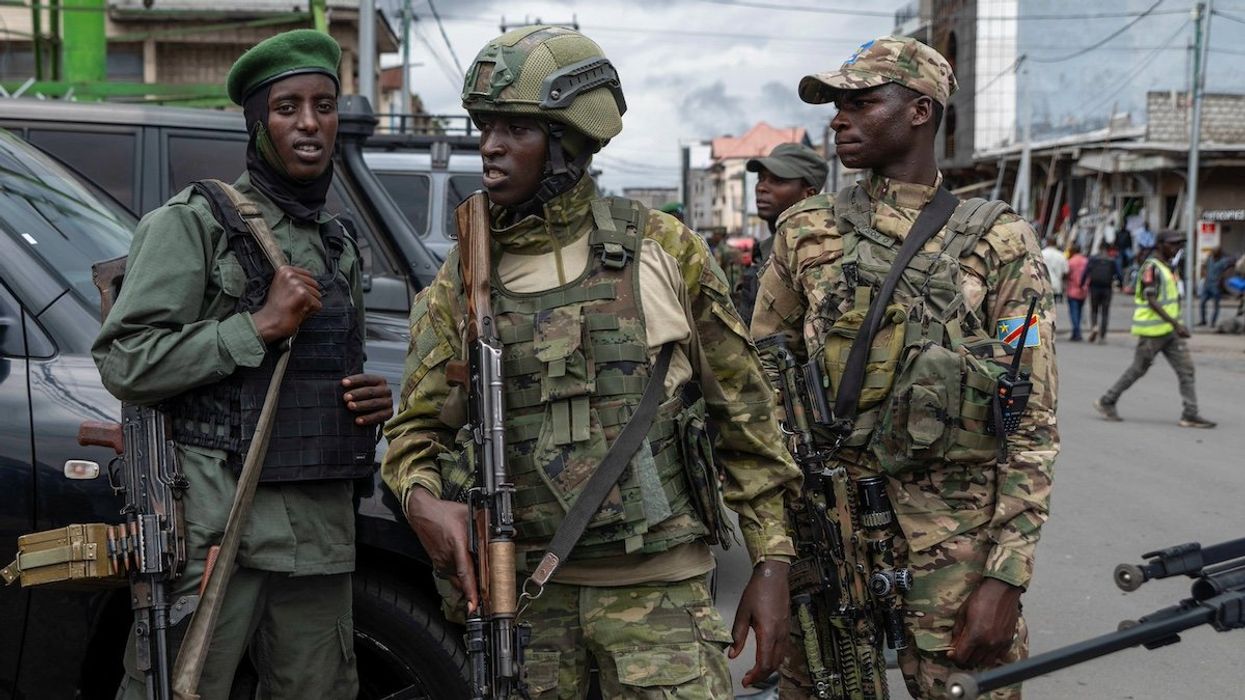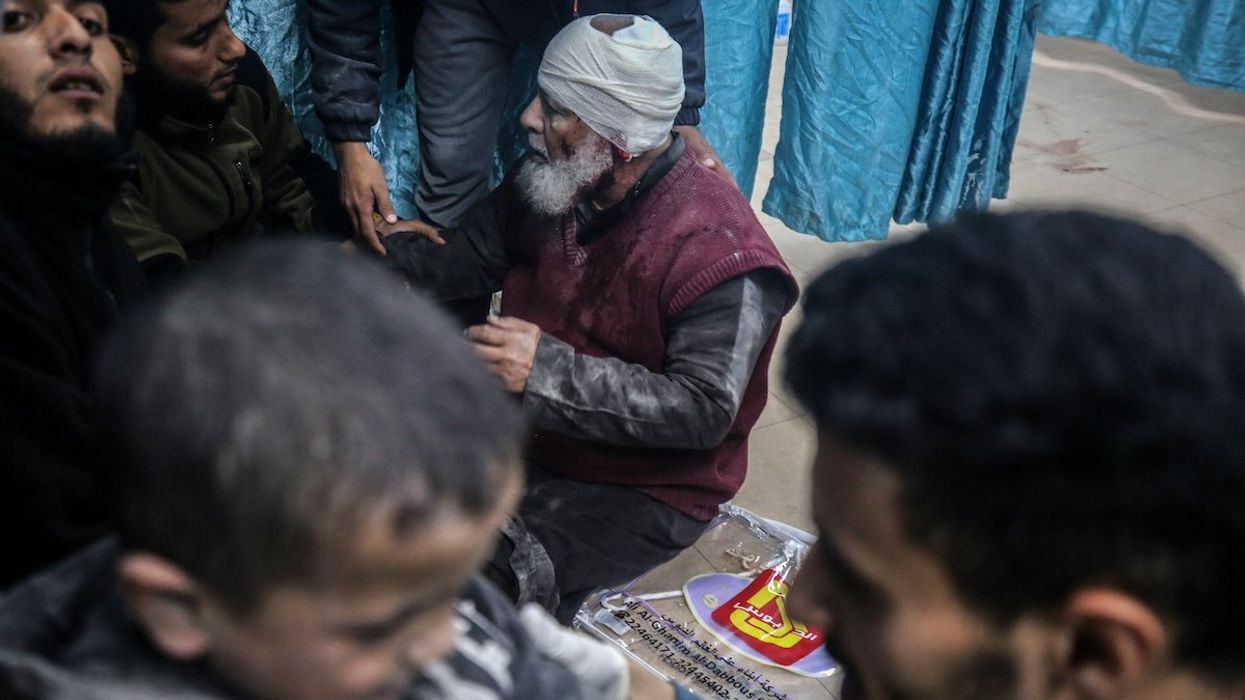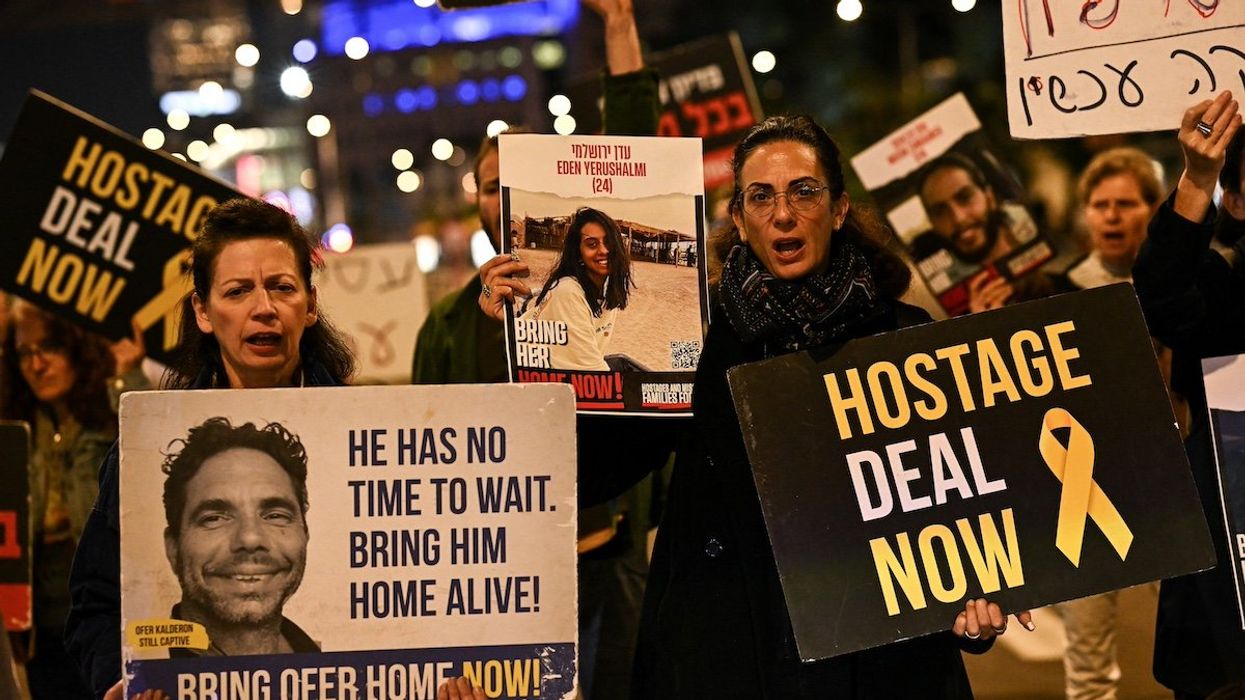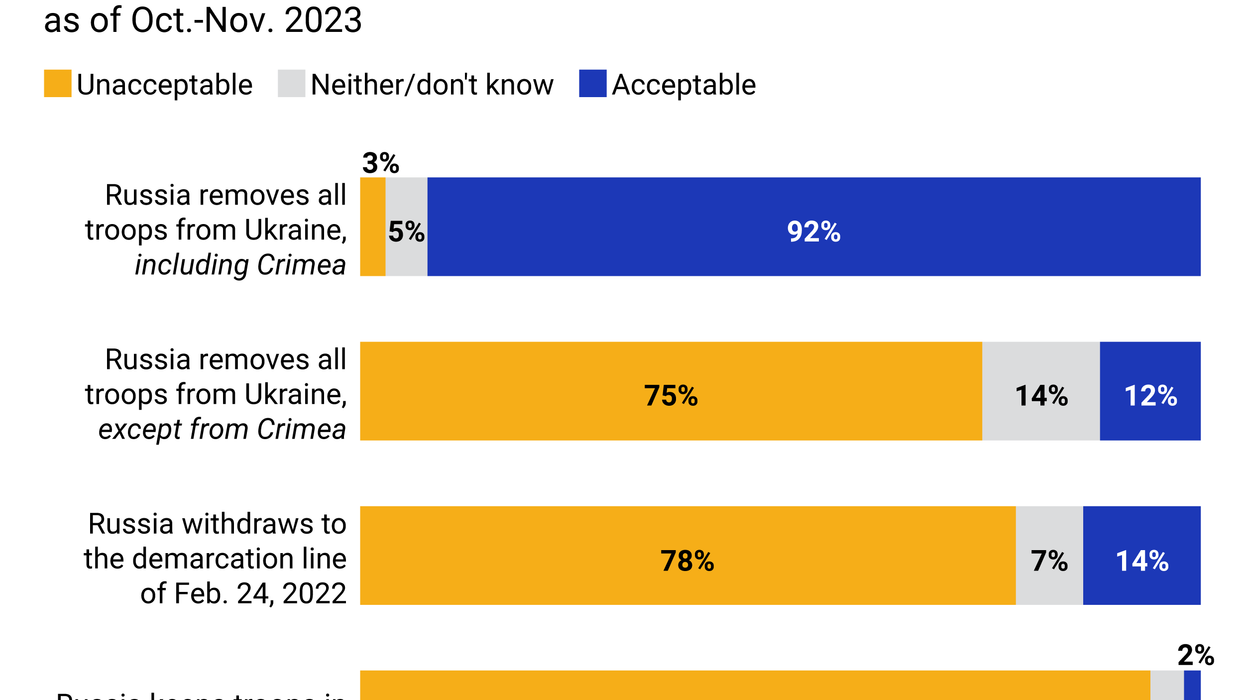What We're Watching
Does the Congo truce portend peace? Or a potential civil war?
The Democratic Republic of the Congo and an alliance of militias led by the notorious M23 rebels announced a ceasefire on Thursday after talks in Qatar and, after three years of violence, said they would work toward a permanent truce.
Apr 24, 2025




